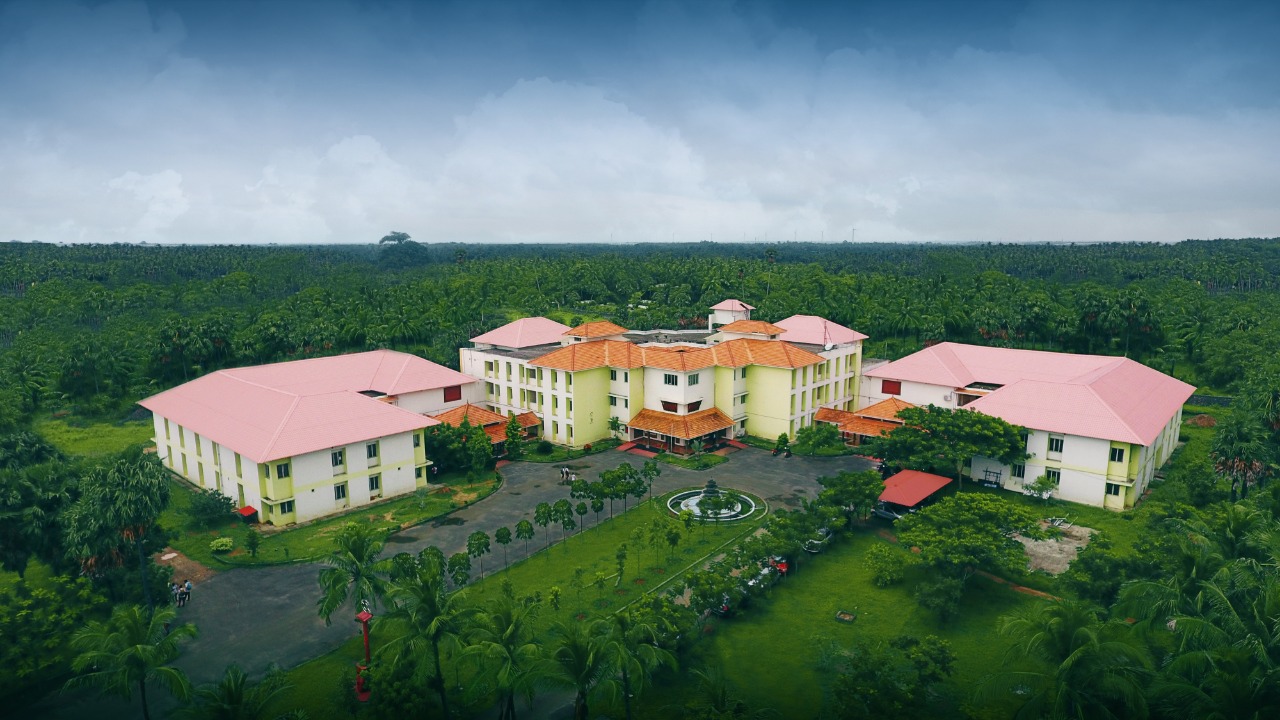
The Department of Mechanical Engineering at the AHALIA School of Engineering and Technology, Palakkad was formed in the year 2012 along with the start of the institution. The Mechanical Engineering department provides an outstanding academic environment complimented by excellence in teaching. The department offers B.Tech. degree. The department has a comprehensive syllabus on topics covering all the aspects of production, manufacturing, thermal, fluid mechanics and Design. The department also emphasizes on practical learning. The course structure includes courses on Computer aided machining and manufacturing to equip our students with the latest developments in the field of production and manufacturing.
Vision
The Department of Mechanical Engineering will create professionals with sound technical knowledge and innovative approaches, and are competent to pursue diverse and successful careers
Mission
To nurture students with moral and ethical values so as to excel in academics and innovative research activities that meet the industrial and societal challenges
To motivate staff and students for creative thinking, thereby enriching the teaching-learning experience.
Programme Educational Objectives (PEOs)
PEO 1 – Graduates will be competent in diverse areas of Mechanical Engineering
PEO 2 – Graduates will have leadership skills with ethical values
PEO 3 – Graduates will have employability and entrepreneurial skills
Programme Outcomes (POs)
PO 1: Engineering knowledge: Apply the knowledge of mathematics, science, engineering fundamentals, and an engineering specialization to the solution of complex engineering problems.
PO 2: Problem analysis: Identify, formulate, review research literature, and analyze complex engineering problems reaching substantiated conclusions using first principles of mathematics, natural sciences, and engineering sciences.
PO 3: Design/development of solutions: Design solutions for complex engineering problems and design system components or processes that meet the specified needs with appropriate consideration for the public health and safety, and the cultural, societal, and environmental considerations.
PO 4: Conduct investigations of complex problems: Use research-based knowledge and research methods including design of experiments, analysis and interpretation of data, and synthesis of the information to provide valid conclusions.
PO 5: Modern tool usage: Create, select, and apply appropriate techniques, resources, and modern engineering and IT tools including prediction and modeling to complex engineering activities with an understanding of the limitations.
PO 6: The engineer and society: Apply reasoning informed by the contextual knowledge to assess societal, health, safety, legal and cultural issues and the consequent responsibilities relevant to the professional engineering practice.
PO 7: Environment and sustainability: Understand the impact of the professional engineering solutions in societal and environmental contexts, and demonstrate the knowledge of, and need for sustainable development.
PO 8: Ethics: Apply ethical principles and commit to professional ethics and responsibilities and norms of the engineering practice.
PO 9: Individual and team work: Function effectively as an individual, and as a member or leader in diverse teams, and in multidisciplinary settings.
PO 10: Communication: Communicate effectively on complex engineering activities with the engineering community and with society at large, such as, being able to comprehend and write effective reports and design documentation, make effective presentations, and give and receive clear instructions.
PO 11: Project management and finance: Demonstrate knowledge and understanding of the engineering and management principles and apply these to one’s own work, as a member and leader in a team, to manage projects and in multidisciplinary environments.
PO 12: Life-long learning: Recognize the need for, and have the preparation and ability to engage in independent and life-long learning in the broadest context of technological change.
Programme Specific Outcomes (PSOs)
PSO 1 – Graduates will apply knowledge and practical skills to solve complex problems in core areas such as thermal, design, manufacturing and industrial engineering
PSO 2 – •Graduates will apply modern tools to analyse, design and solve engineering problems

